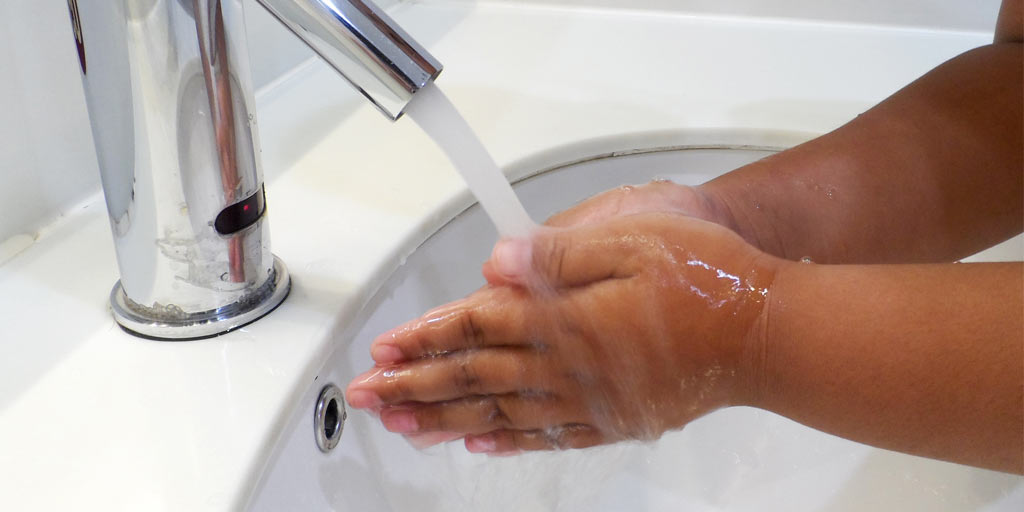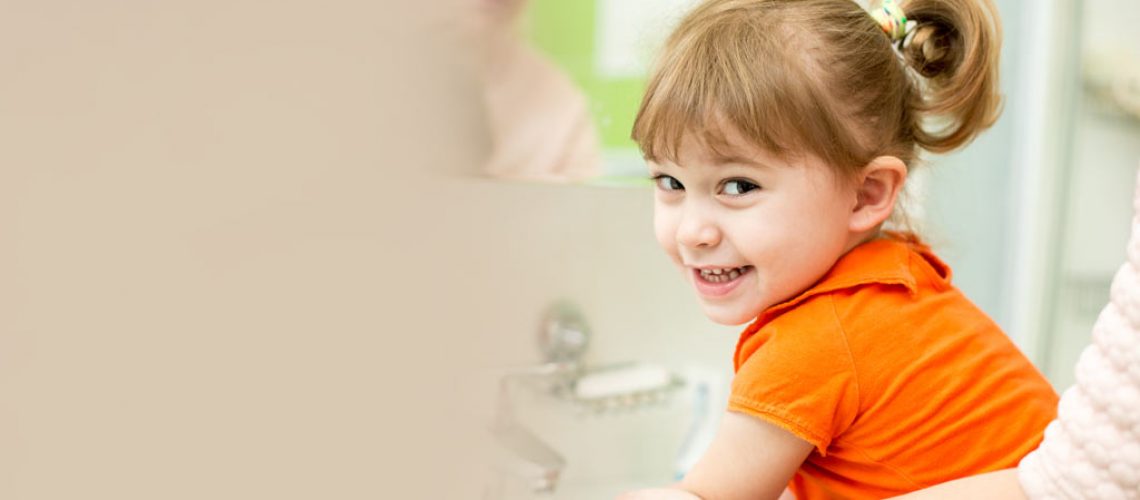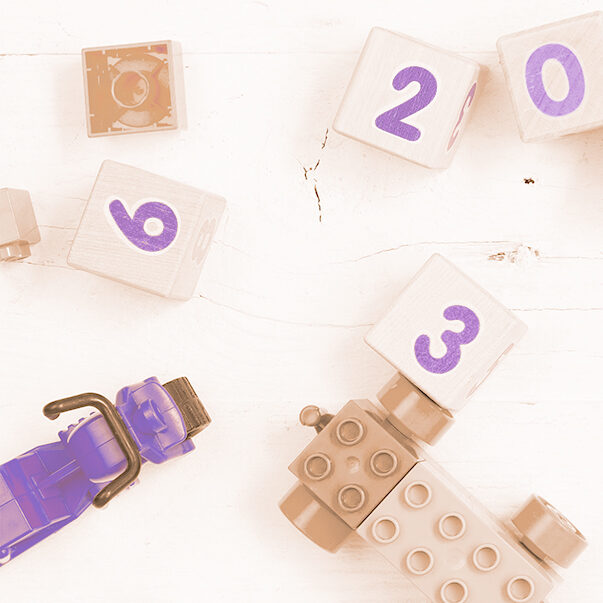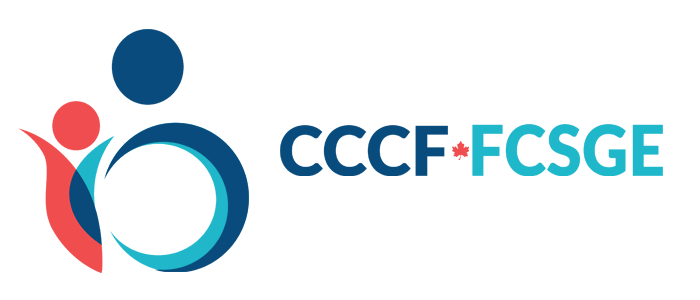Cold and influenza (or ‘flu’) viruses are found in the nose and throat. The viruses spread through droplets in the air when someone coughs or sneezes. They also spread when people touch objects that have the virus on them.
Washing your hands and your kids’hands is the best way to stop the spread of germs. You are always collecting germs on your hands, by opening doors, wiping faces, playing with children’s toys and changing diapers. You cannot avoid them, but you can reduce the chance of passing them to others by washing your hands.
In general, unless you are caring for someone who is at a higher risk of infection – a newborn baby, an elderly person or someone whose immune system is not healthy – washing with a plain, mild soap is fine.
” Washing your hands and your kids’ hands is the best way to stop the spread of germs”
When should parents wash their hands?
Wash your hands before:
- Cooking or eating.
- Feeding a baby or child (including breastfeeding).
- Giving medication to a child.
Wash your hands after:
- Changing a diaper.
- Helping a child to use a toilet.
- Using a toilet yourself.
- Taking care of a sick child.
- Handling pets or animals.
- Cleaning pet cages or litter boxes.
- Wiping or blowing your own or your child’s nose.
- Preparing food.
When should children wash their hands?
Children should wash their hands before:
- Eating or handling food.
- Water play.
Children should wash their hands after:
- Having a diaper change.
- Using the toilet.
- Playing outdoors or in sand.
- Playing with pets or animals.
- Sneezing or coughing into their hands or blowing noses.
Four steps to proper handwashing
- Wet your hands under running water.
- Scrub your hands well with soap.
- Rinse your hands under running water.
- Dry your hands with a clean towel.

How should parents wash their baby’s hands?
- Wash your baby’s hands with soap and a warm, wet, fresh towel (either paper or cloth).
- Rinse the baby’s hands with another fresh, warm, wet towel.
- Dry the hands well.
Do antimicrobial products work?
Today, many products with antimicrobials are sold for home use. Common household cleaners, such as hand soap and dishwashing liquid, come in ‘antibacterial’forms, and many products are treated with antimicrobials, from toys to kitchen utensils.
Handwashing using plain soap and water is still the most important way to reduce the spread of germs. When water and soap are not available, use premoistened hand wipes or alcoholbased hand rinses. Keep hand rinses out of the reach of children because they may be harmful if swallowed.
For the most part, although antimicrobial products have been shown to work in laboratory tests, their effectiveness in the home has not yet been proven.
You don’t need to buy toys that have antimicrobial products added to them.
- If children put toys in their mouths or play with them when they are sick, clean the toys with water and soap and rinse well before another child uses them.
- Clean machine-washable plastic toys in the dishwasher and machine-washable cloth toys in the washing machine.
- If toys can only be hand-washed, use soap and water or a diluted bleach solution.












